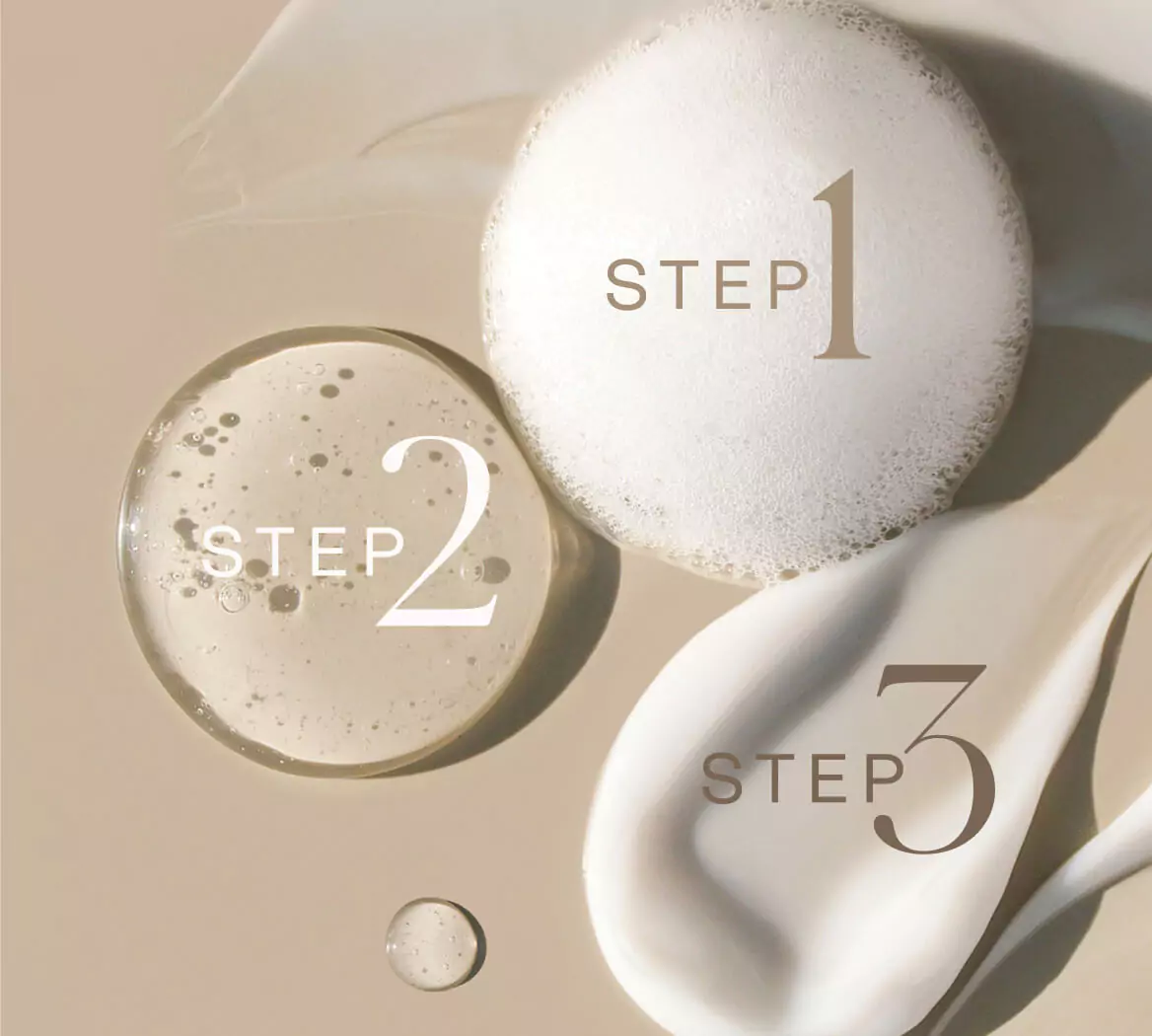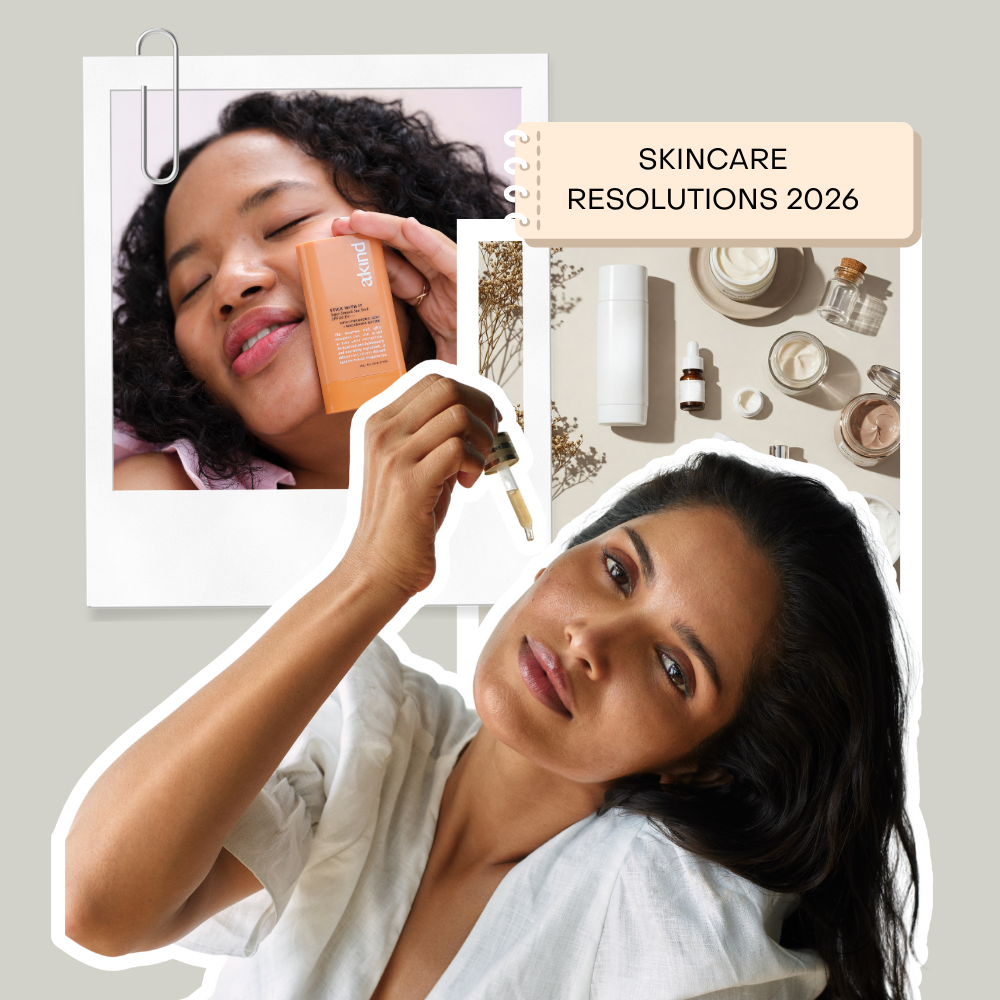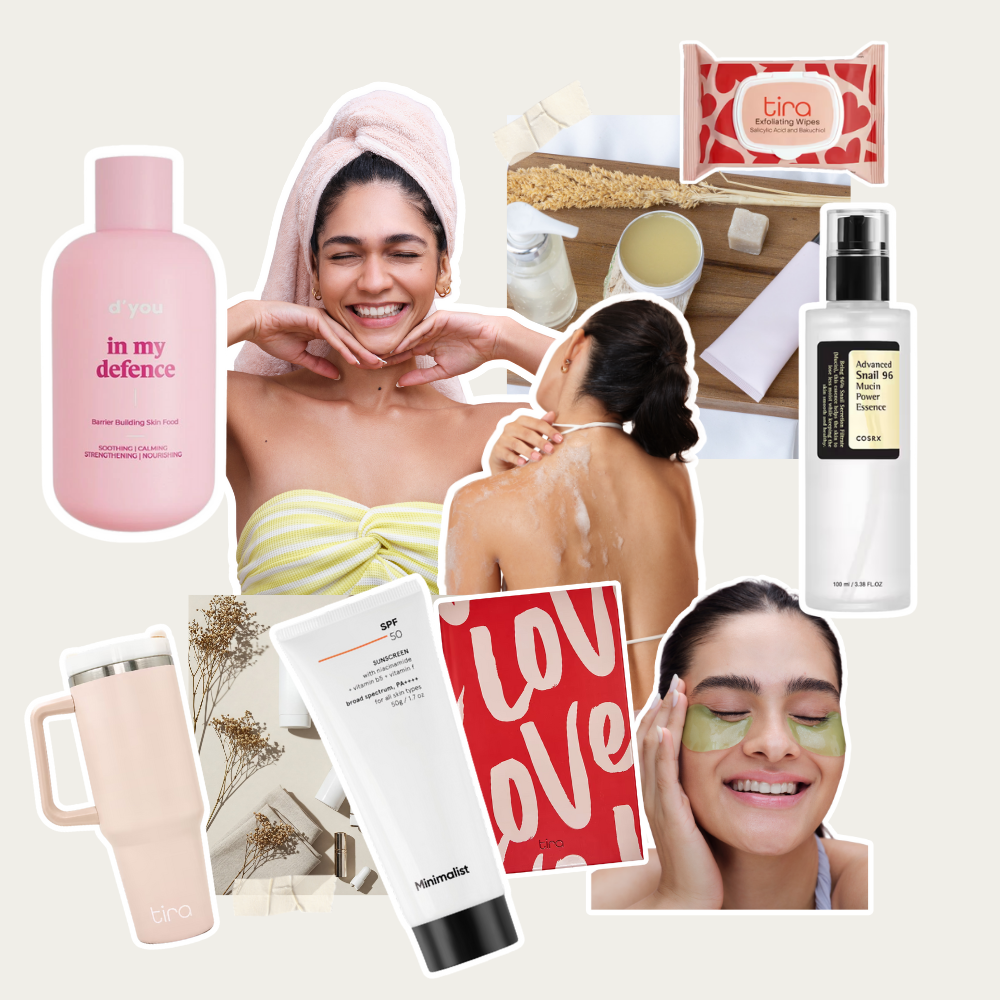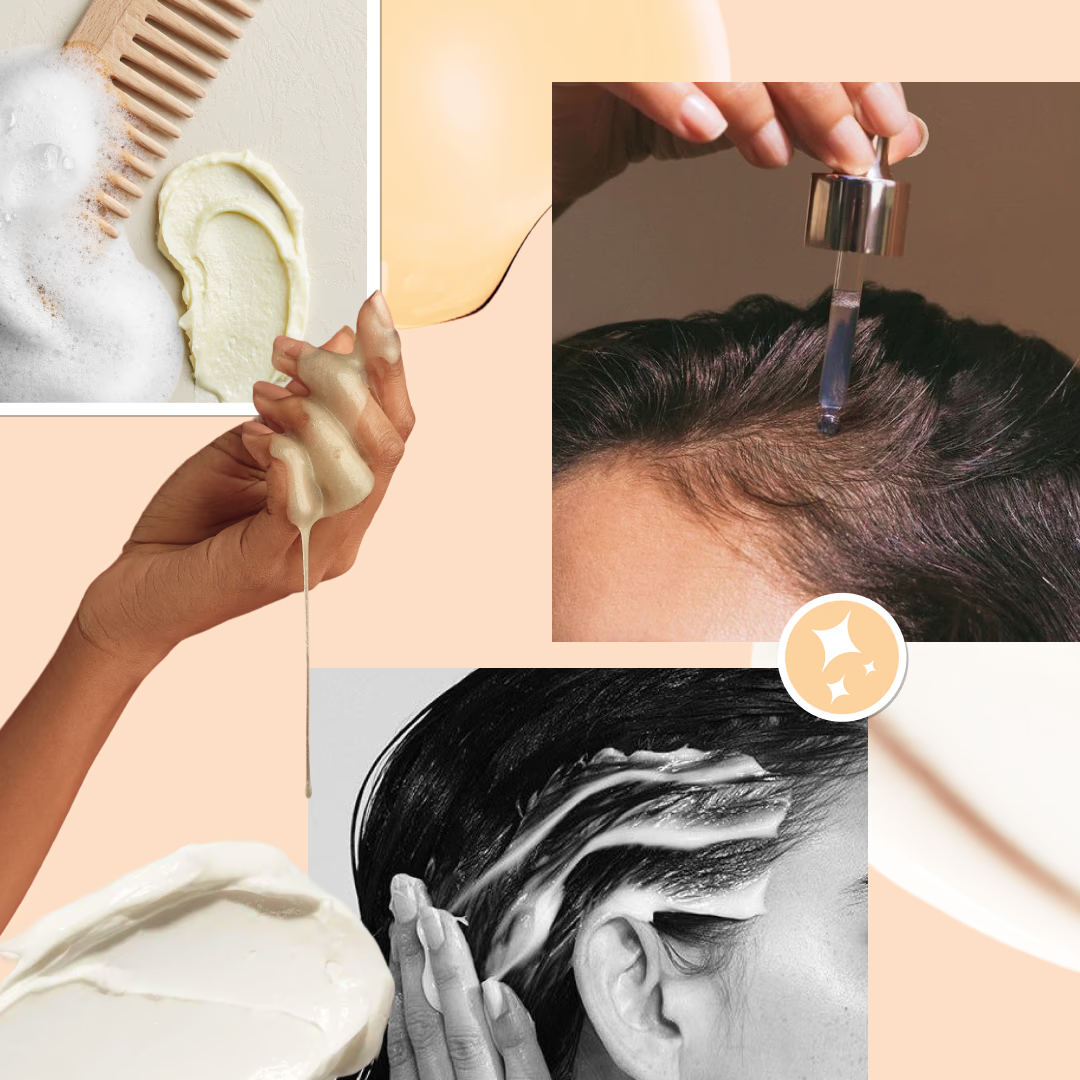
With newer ingredients, lotions and potions coming out every other day, the skincare aisle can seem intimidating. If you haven’t been able to devise a dedicated skincare regimen that addresses your specific concerns and needs, fret not. Dr Chytra Anand, dermatologist and founder of SkinQ and Kosmoderma Clinics, shares her best skincare tips for beginners:
Identify skin type and concerns:
It’s essential to recognise your skin type—normal, oily, dry, combination or sensitive—and any specific issues you wish to address. For a self-assessment, wash your face and let it dry naturally. After an hour, observe your skin’s condition—look for oiliness, dryness, comfort or sensitivity. Be aware that factors such as environment, age and hormonal changes can affect your skin type. For an accurate analysis, consider visiting a dermatologist.
Start with the basics:
For the average beginner, a five-step routine should be followed for overall skin health: cleanse, nourish, protect, repair and boost. The first three are the non-negotiable steps for all skin types. Then, add repair as the fourth step to bring damaged skin back to normal. Finally, boost your skin’s health once or twice each week for stimulation.
Gradual introduction of products:
Add new skincare products to your routine slowly to minimise the risk of irritation. Remember, achieving visible results takes time and regular application. Consistency is the key here.
Seek professional advice:
Consulting with a dermatologist is recommended for tailored suggestions that suit your unique skin needs. Make it a habit of having an annual skin check to ensure that you stay one step ahead of any emerging skin concerns as per your age and lifestyle.

How to choose the right ingredients for your skin type
Once you have a thorough understanding of your skin type, it is time to go shopping for the ingredients that will nurture it. Here’s what you need to know:
Normal skin: The good news is that the world is your oyster. Select products with a balance of hydrating and antioxidant ingredients, like hyaluronic acid.
Oily skin: Opt for oil-free, non-comedogenic formulas enhanced with active ingredients like salicylic acid, retinol liposomes or niacinamide.
Dry skin: Seek out hydrating and moisturising components such as vitamin E, hyaluronic acid and, more importantly, look for barrier repair formulas with ceramides.
Combination skin: Use a combination of products catering to both oily and dry areas as needed with the ingredients detailed above.
Sensitive skin: Choose hypoallergenic, fragrance-free products with soothing elements, like niacinamide. Sensitive skin needs dermatologist care and it is ideal to avoid home remedies.
Sun protection: Regardless of your skin type, a broad-spectrum sunscreen is a must. Look for a minimum of SPF 40 with PA +++ rating.The earlier you start this routine, the better.
How to devise a basic skincare routine for your skin type
Once you have a lock on your skin type and the ingredients that it needs, it is time to get started on your skincare journey. Ahead, Dr Anand shares her best skincare tips:
Dry skin
A simple skincare routine for this skin type involves gentle cleansing with a hydrating cleanser, followed by a rich, moisturising cream containing ingredients like hyaluronic acid and ceramides. Incorporate a nourishing serum with ingredients such as sodium hyaluronate and vitamin E. Use a mild exfoliator once a week to remove dead skin cells.
Additionally, apply a hydrating mask for an extra boost of moisture with peptides and squalene. Sunscreen with at least SPF 40 is essential to protect the skin. Consistency is key, so aim to moisturise both morning and night for optimal hydration and a healthy complexion.
Oily skin
The most basic skincare routine for this skin type would be to use a gentle cleanser to control excess oil. Follow up with a non-comedogenic moisturiser containing ingredients like ceramides and hyaluronic acid. Incorporate a salicylic acid-based serum with niacinamide to manage oil production and unclog pores. Use a lightweight sunscreen with at least SPF 40 daily.
Consider an active clay mask once or twice a week to absorb excess oil while ensuring that you avoid heavy, pore-clogging products. Consistency is crucial for balancing oil levels, thereby ensuring a fresh and matte complexion.
Acne-prone skin
The ideal skincare routine begins with a gentle, non-comedogenic cleanser. Follow up with salicylic acid and retinol liposomes or benzoyl peroxide treatment to target acne. Use a lightweight moisturiser to maintain skin barrier without clogging pores. Incorporate a retinoid-based product to promote cell turnover and prevent breakouts.
Apply a broad-spectrum sunscreen with at least SPF 40 daily, even if using acne treatments. Resist the urge to pick or squeeze blemishes to ensure that you prevent scarring. Consistency in using targeted treatments is crucial for managing acne and maintaining clear, healthy skin.
For those getting started on their skincare journey, it is essential to understand your skin type and needs. Dr Anand agrees and adds, “It’s important to approach skincare with patience, consistency and a willingness to adapt your routine as needed. For personalised advice, a dermatologist can provide insights tailored to your skin’s specific requirements. Good skin is easy: it is about developing the right regimen, good product formulations and consistency.”










.PNG)



















